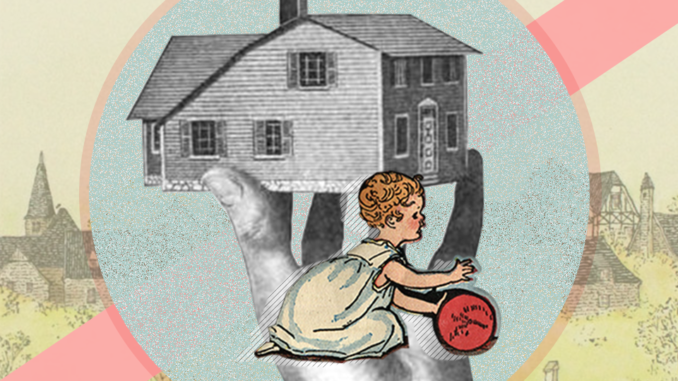
Parents play a vital role in protecting and honing the mental well-being of their children. However, some of them, with or without even knowing it, contribute to their children’s struggle with depression and anxiety.
According to Dr. Sheila Marie Hocson, former President of the Philippine Guidance and Counseling Association, the children’s negative cognition may develop at home if they have problematic parents who tell them unpleasant things.
“Ito po ‘yung tumutusok sa heart ng mga kabataan [this pierces the youth’s hearts]. So it really breaks their heart, and it is imprinted into the mind of the children. And that is what we call the negative thought that will lead to automatic thought, that will lead to irrational thought,” she said.
“And this irrational thought can lead to what we call a cognitive distortion. So this is the…it’s a negative belief, it’s a negative core belief. Kaya lagi mong sinasabi sa utak mo [that’s why you always tell yourself], ‘I’m a loser,’” she added.
Aside from parents, she said that children may get such a negative core belief from remarks from teachers, neighbors, and other relatives.
Citing results from the 2021 Young Adult Fertility and Sexuality Study, Hocson said that close to one in five Filipino youth aged 15 to 24 have ever considered ending their life.
Meanwhile, she said that six in 10 of those who ever thought of committing suicide did not reach out to anyone about it. Only 2% of youth who experienced suicide attempt sought for a professional’s help.
From those who asked for help, she noted that 25% did so from their close friends or peers. Only 7% reached out to their parents or guardians, and 5% to their other relatives.
While explaining that every family has certain dysfunctionalities, Hocson underscored the importance of solving multi-generational trauma for the sake of the children or grandchildren in a family.
“Marami ho kasing gaslighting kasi sa pamilya [there’s a lot of gaslighting happening in a family], wherein some parents will tell them, ‘Oh you’re just overreacting. It’s your fault it happened,’” she said.
“Hindi alam ng mga magulang ‘yun, so nai-invalidate nila minsan ‘yung feelings ng kanilang mga anak. So they don’t trust their parents,” she added.
(The parents don’t know that so they’re invalidating the feelings of their children.)
Hocson, who is a registered psychologist and guidance counselor, also said that children who are bullying other children may have adopted the behavior from their parents who are also abusive.
One of the signs, she said, that parents can observe if their children have a mental health issue is the sleeping pattern.
“According to American Psychiatric Association, if you’re not sleeping normally, less than six hours, or there’s what they call the hypersomnia, ‘yung 12 hours or more na ka [tulog] tapos paggising mo, hindi ka parin solve [if 12 hours or more of sleep is still not enough for you], it’s a 90-95% tendency that there’s a mental health problem,” she said.
Changes in behavior, weight, and hygiene may also be other factors to look into.
The Commission on Higher Education (CHED) earlier reported that more higher education students cited mental health issues as a reason for dropping out rather than academic difficulty.
Based on CHED’s survey, the top five reasons cited by students who stopped their education were:
- Financial difficulties, including costs on transportation, food, internet and graduation fees
- Family problem
- Relocation
- Mental health concerns
- Academic difficulty
“There’s an emerging reason which is medical mental health concerns that we did not expect this previously [and] it’s coming out [now] and then panglima lang ‘yung [ranked fifth is] academic difficulty,” CHED chairman Prospero de Vera III said.
“Mental health concern is higher reason for stopping than academic difficulty. It is not really because they are having difficulty studying, but their mental health has really been affected,” he added. — RSJ, GMA Integrated News


Be the first to comment